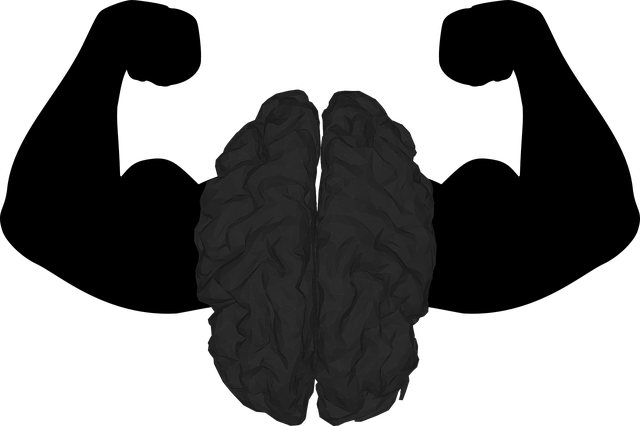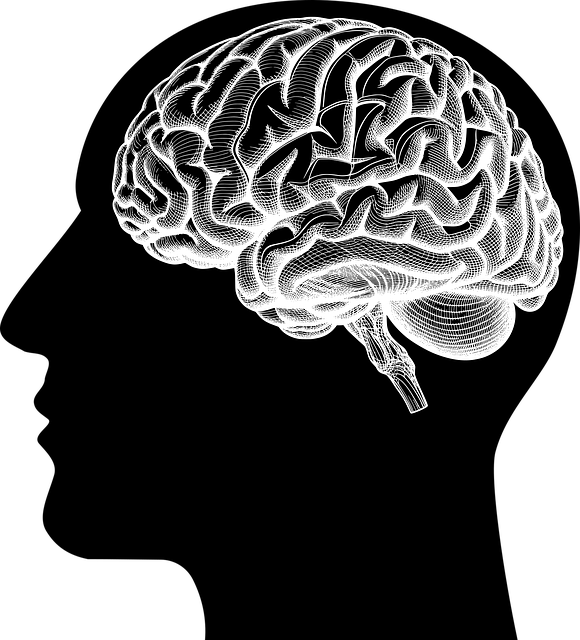Resilience is a key factor in healing from childhood abuse, with the RFM framework offering an effective therapy approach. By focusing on resilience, compassion cultivation, conflict resolution, and communication, therapists help clients develop coping mechanisms to overcome trauma's lasting impacts. Techniques like mindfulness meditation and positive affirmations empower individuals to navigate challenges, foster healthy relationships, and promote self-safety. Professional guidance through tailored therapy is crucial for processing emotional impacts and fostering empowerment, enabling survivors to build resilience and self-worth.
Resilience is a powerful tool for healing, especially for those who have experienced childhood abuse. This article explores how RFM (Resilience, Flexibility, and Mastery) principles can significantly enhance adult resilience. We delve into effective resilience-building exercises, highlighting their impact on fostering adaptability and personal growth. Additionally, we discuss the critical role of therapy in helping adults navigate the aftermath of child abuse, offering healing and transformation through evidence-based practices.
- Understanding RFM and its Impact on Adult Resilience
- Identifying and Implementing Effective Resilience-Building Exercises
- The Role of Therapy in Healing from Childhood Abuse
Understanding RFM and its Impact on Adult Resilience

Resilience is a crucial aspect of mental health, especially for individuals who have experienced trauma, such as child abuse. RFM (Resilience, Flexibility, and Mastery) is a framework that has gained prominence in therapy for adults who have suffered from adverse childhood experiences. By focusing on these key areas, therapists can empower their clients to build resilience and cope with the lasting effects of abuse.
RFM techniques offer a holistic approach to healing. Compassion cultivation practices encourage self-kindness and understanding, which are essential when navigating the challenges that arise from past trauma. Conflict resolution techniques provide individuals with healthy ways to manage and resolve internal conflicts stemming from abusive experiences. Additionally, communication strategies equip adults with the skills to express their needs and boundaries, fostering better relationships and a sense of safety in themselves and their interactions.
Identifying and Implementing Effective Resilience-Building Exercises

Identifying and implementing effective resilience-building exercises is a crucial step in fostering inner strength development, especially for individuals who have experienced therapy for adults child abuse. These exercises serve as tools to help individuals navigate and cope with challenging situations, enhancing their overall well-being. One such practice gaining prominence is Compassion Cultivation, which encourages individuals to cultivate self-compassion and kindness towards themselves, ultimately boosting confidence and resilience.
By incorporating these exercises into daily routines, individuals can learn valuable coping mechanisms that promote emotional stability and a sense of control. Through dedicated practices like mindfulness meditation and positive affirmations, one can develop a stronger connection with their inner selves, enabling them to face life’s adversities head-on. This process is transformative, helping to heal past traumas and build resilience for a more fulfilling future.
The Role of Therapy in Healing from Childhood Abuse

Healing from childhood abuse is a complex process that often requires professional guidance. Therapy plays a pivotal role in helping adults navigate and overcome the traumatic experiences of their past. Through various therapeutic modalities, individuals can begin to understand and process the emotional impact of abuse, fostering a sense of safety and empowerment.
The journey towards healing involves developing coping skills and emotional regulation strategies. Therapists equipped with specialized training in trauma-informed care can guide survivors through this intricate process. By teaching effective stress management techniques, these professionals empower adults to confront and overcome the challenges that arise from their traumatic experiences. This supportive environment is crucial for building resilience and fostering a sense of self-worth.
Resilience is a powerful tool for healing, especially after traumatic experiences like childhood abuse. By understanding RFM (Resilience, Flexibility, and Mastery) and implementing tailored resilience-building exercises, individuals can enhance their coping mechanisms and overall well-being. The article has highlighted the importance of therapy in this process, offering a supportive environment to process past traumas and develop healthy strategies for adult life. Integrating these approaches can lead to profound personal growth and improved mental health outcomes for those affected by childhood abuse.










